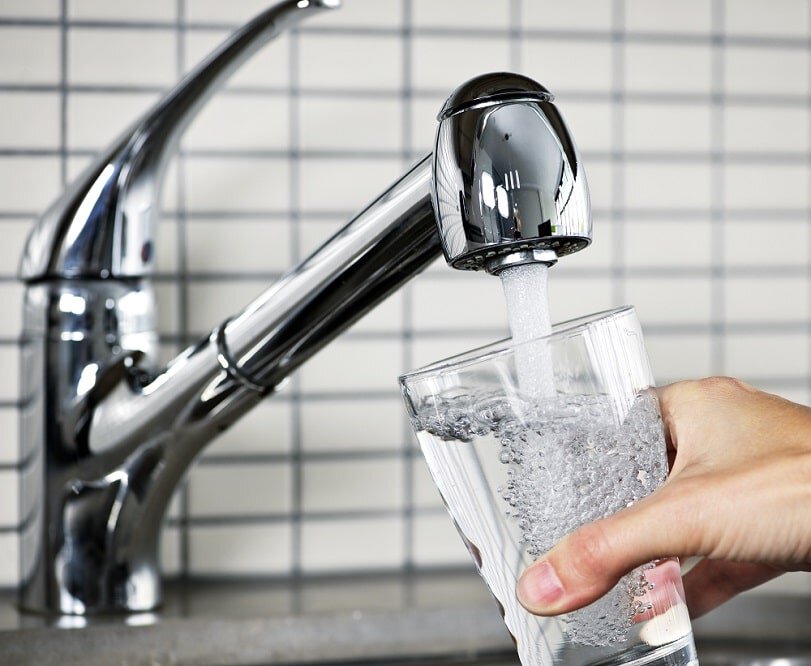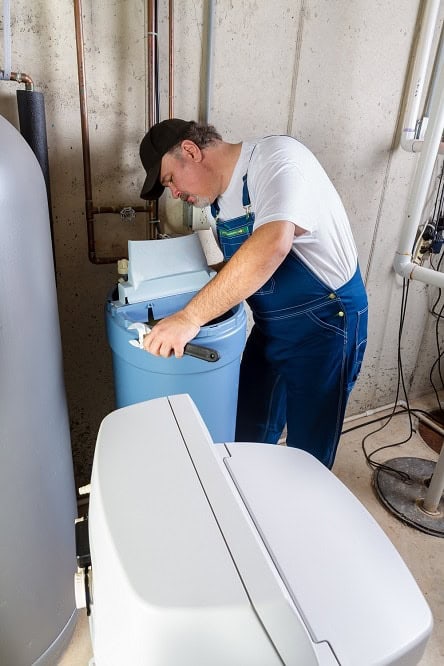Most homeowners don’t think much about what’s in their water when they drink a glass of it. However, some homes are more susceptible to contaminants or minerals that affect the color, taste, and overall quality of the water. Well water testing is a good idea because unlike municipal supplies that are subjected to testing according to EPA standards, your well water could have elements that could affect quality, even if those elements aren’t necessarily dangerous to your health. If you learn from the best drinking water testing lab that your water could be improved, you’re probably wondering if a water softener or filter is the best option. Here’s some information to consider to help you decide.
Common Contaminants
The most important thing to understand is what’s actually in the water, which is where water testing comes in. There are numerous types of metals that are commonly found in the water supply, especially when the water source comes primarily from the ground. These metals include iron, copper, and arsenic. Although some level of these metals is normal, high levels can be dangerous and should be removed from your water supply. It’s also common for a water test to reveal byproducts from pesticides and industrial processes. These chemicals can also cause health problems. There are also biological contaminants to think about like bacteria, parasites, and viruses. Finally, physical contaminants like sediment or organic material suspended in the water can easily enter your property.
Common Minerals
Some minerals can be considered a contaminant, especially when they’re found at high levels. A water test can check for the level of calcium, iron, and magnesium, which are minerals that can create a scale and sometimes cause bacterial growth. These minerals and potential resulting bacteria growth can cause the water to smell or taste strange, and the scaling on plumbing fixtures and appliances can become a major problem as well.
What Filters Address
Water filters remove contaminants from the water by utilizing a variety of filtration methods. There are different types of media that remove the contaminants including sand and active carbon. The filters have multiple layers to remove particulates. The filters absorb impurities so that they can’t pass into the drinking water. Reverse osmosis is another common filtering process that forces contaminated water through a membrane at pressure to remove contaminants.

What Softeners Address
Water softeners use an ion exchange process rather than filters to remove impurities from the water. Rather than using carbon as the medium, a bed of resins coated with a sodium solution is used to force ions to exchange. The resin beads trap the magnesium and calcium ions and exchange them for sodium ions. This keeps the hard water minerals out of the water supply.
Picking the Best Option
The results of water testing can help you determine which method will be better for your home. If you have higher levels of organic or chemical contaminants in your water, you’re better off with a filter because it will remove all these contaminants. On the other hand, if the results mostly show high levels of minerals, a water softener will probably solve your water woes. In some cases, you may need to employ both methods to achieve the quality you desire. You should also consider the installation costs and maintenance required. Filters are usually more expensive but require less maintenance. Contact Environmental Testing and Research Laboratories Inc. today to have your water tested so you can determine the best course of action.

